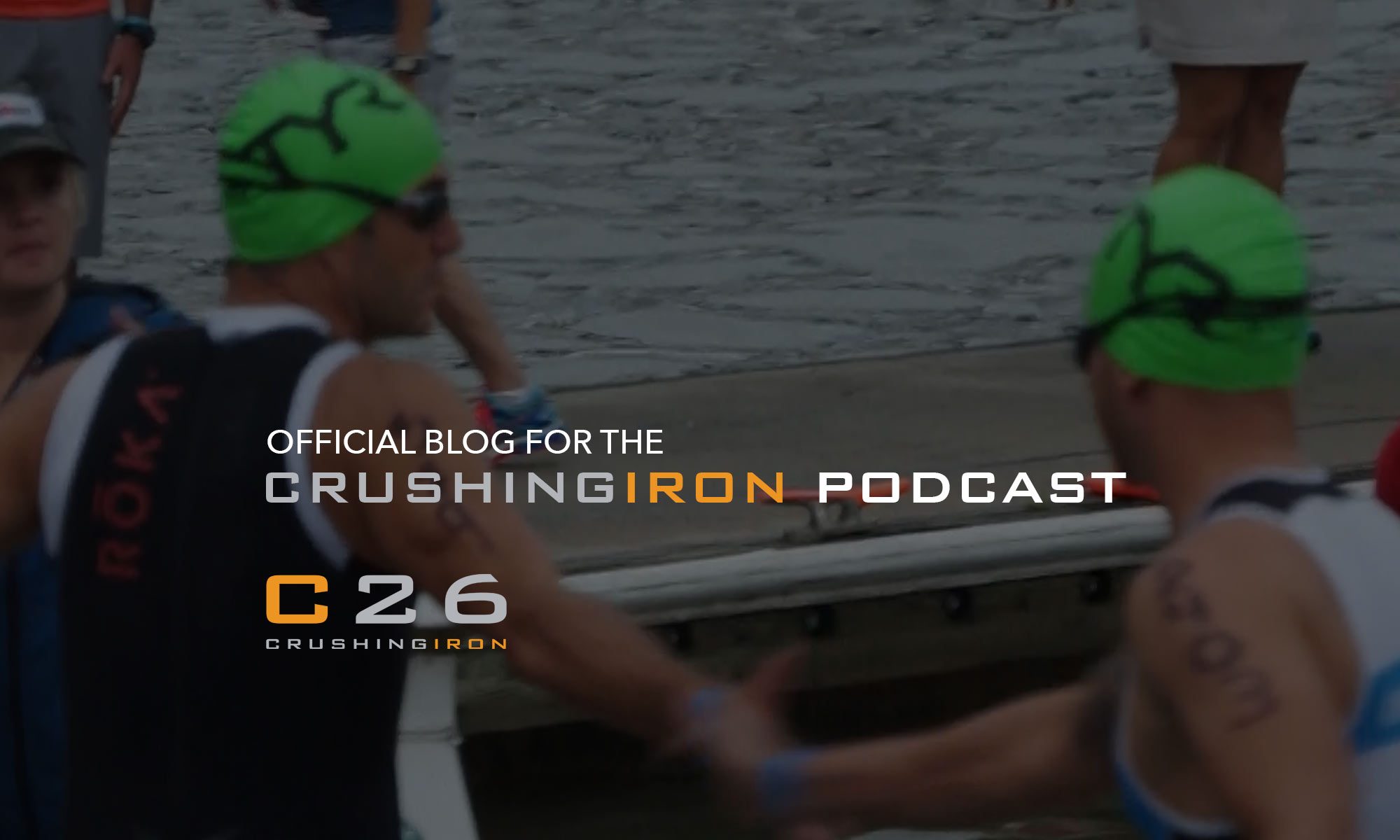Whether your goal is to crush Ironman, or just finish, you have to believe it’s possible. But there are always little voices of doubt running through our heads. So, how do we keep getting better, believe, and stay on path?
After college I started playing softball in my hometown with a bunch of talented friends. We had big designs on dominating the local scene and taking our show on the road. We were good in the small tournaments, but whenever we left the city, we’d crumble under the pressure.
At the end of our season, a traveling team from a nearby town picked up me up for higher-level tournament in St. Louis. As we walked into the park with our gear, I saw some guys from a team that always beat my local boys and told my new teammates how good they were. I’ll never forget our new coach’s reaction.
“Oh, those wimps?”
I was stunned because “those wimps” always pummeled us. But my new team was at a different mental level.
In reality, my small-town-team may have had more raw ability. We were younger, faster, and more athletic. But the new team had one thing we were missing: real confidence.
There were 90 teams in that St. Louis tournament (most better than any I’d ever played) and my new team got 5th place. That was the weekend I learned how to win.
There were three things different about my new team:
1. They left their comfort zone to get better.
They played a lot of tournaments out of town against better teams. They put in the work and challenged themselves in situations that were intimidating. They’d get to the park early and warm up, take batting practice, etc. They knew the only way to get better was to work on weaknesses.
2. They didn’t panic when things when wrong.
My old team always struggled to score runs in tournaments. When the pressure was on, everyone pressed, and if lucky we’d score 2 or 3 runs. In the first game with my new team, we were losing 8-0 after the first inning! I was demoralized and mentally packed my bags for the long trip home. But when I looked around the bench, the guys were laughing, seemingly without a care. We promptly put up 6 runs and eventually won 26-10. It all seemed impossible until I saw it with my own eyes.
3. They stayed with their plan.
The guys on my new team knew their roles and limits. Some guys were to get on base anyway possible, others were just supposed to hit the ball as hard as they could and trust it would find a hole. They knew the odds of putting relentless focus on detail. It didn’t “always” work, but 90% of the time, the little things paid off over the long haul of a game.
These are the simple principles I apply to triathlon.
Be Uncomfortable.
Whenever I train, I always try to do something new. Something that takes me out of my comfort zone. It could be wearing bad socks, veering off to tackle a steep grass hill, or riding in a harder gear for a while just to feel it. It could be sprinting for 10 seconds to force a recovery, holding my breath under water, or experimenting without nutrition. Nothing prepares you for the unexpected like challenging your comfort zone and trying to find peace in a new place.
Relax.
There’s really no way you can be 100% prepared for an Ironman, and understanding that goes a long way toward remaining calm. Whatever happens is just a temporary situation. It’s like a friend told me once, “Never trust how you feel at anytime during an Ironman, because 20 minutes later it’s likely to change.” Regardless of what’s going on, there’s usually a solution. Staying calm is the best plan.
Don’t Waiver.
I’d venture that 90% of triathletes screw up their race on the bike because they are nicely rested, amped up, and feel great that day. But, none of us ever cover the entire Ironman distance until the race. Taking risks too early is why you see so many football or basketball teams kick the crap out of their opponent in the first quarter, only to watch their lead disappear over time while the other team sticks to their plan. Keeping a “negative split” mentality* (though very hard to actually do) is probably the best approach to racing Ironman.
Winning is rarely about beating your opponent into submission. The competition is always with ourselves. It’s about preparing for the unexpected, remaining calm, and staying the course. It’s a long race and understanding how to win it starts with removing voices of doubt.
Follow Crushing Iron on Facebook and Twitter.
* Making your second half of each segment faster than the first.
